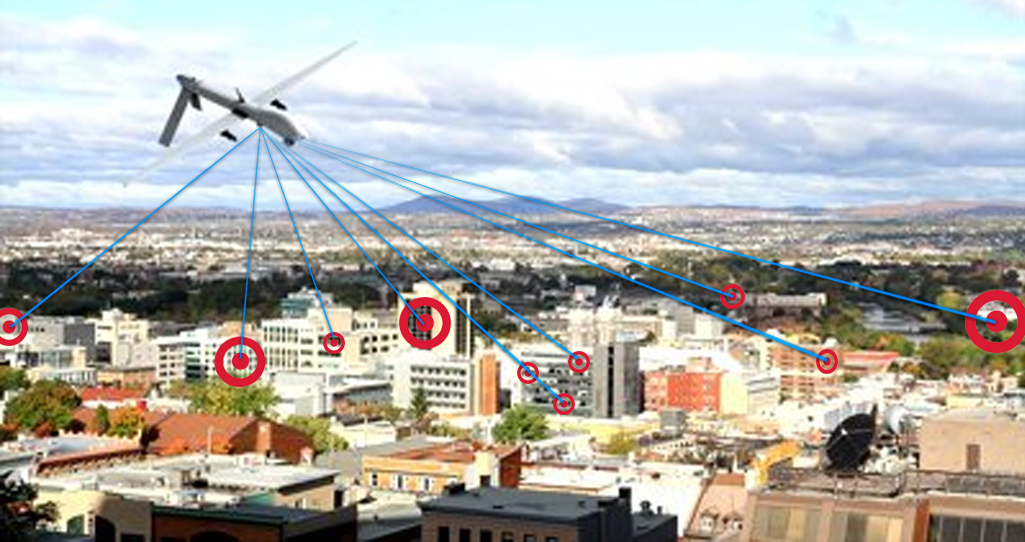 Recently an inmate in Wyoming was released after serving 24 years in prison for a crime he did not commit. Many states recognize the injustice suffered by the wrongfully imprisoned and require the state compensate the victim. When our system of justice fails it can have disastrous consequences for those victimized. The criminal justice system is not infallible, and when it makes a mistake that costs a person most of his adult life there is a method of providing monetary compensation.
Recently an inmate in Wyoming was released after serving 24 years in prison for a crime he did not commit. Many states recognize the injustice suffered by the wrongfully imprisoned and require the state compensate the victim. When our system of justice fails it can have disastrous consequences for those victimized. The criminal justice system is not infallible, and when it makes a mistake that costs a person most of his adult life there is a method of providing monetary compensation.
In Wyoming the State Legislature decides if the innocent is worthy of compensation and how much. In this case, Mr. Andrew “A.J.” Johnson had a criminal record prior to his being incarcerated for 24 years for a crime he did not commit. You might think that spending 24 years in prison is worth some kind of compensation. You might think that 24 years of your life spent wasting away in a prison cell, when you are innocent of the crime charged, would be worthy of some type of compensation by those who wrongfully took your freedom and liberty away. In Wyoming, you would be wrong.
You see, Mr. Johnson had a criminal record prior to his being wrongfully accused and convicted and put away. He had a record for theft and burglary. In Wyoming that means the legislature does not feel it necessary to compensate him for the 24 years spent in prison. In fact, Mr. Johnson was awarded nothing. He was given no compensation for losing most of his life to a criminal justice system that failed him.
 Orange County Criminal Defense Lawyer Blog
Orange County Criminal Defense Lawyer Blog


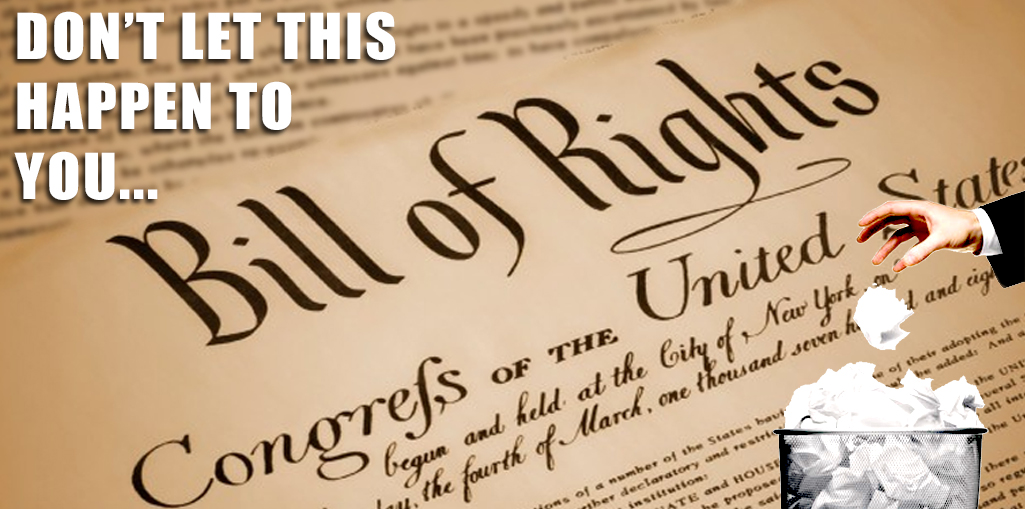
 No more DUIs? No more car accidents? No more driving on a suspended license? No more rites of passage like getting your drivers license at 16? You mean the DMV doesn’t exist? Well yes, there could be lots of benefits to the concept car coming out. What concept car you ask?
No more DUIs? No more car accidents? No more driving on a suspended license? No more rites of passage like getting your drivers license at 16? You mean the DMV doesn’t exist? Well yes, there could be lots of benefits to the concept car coming out. What concept car you ask? 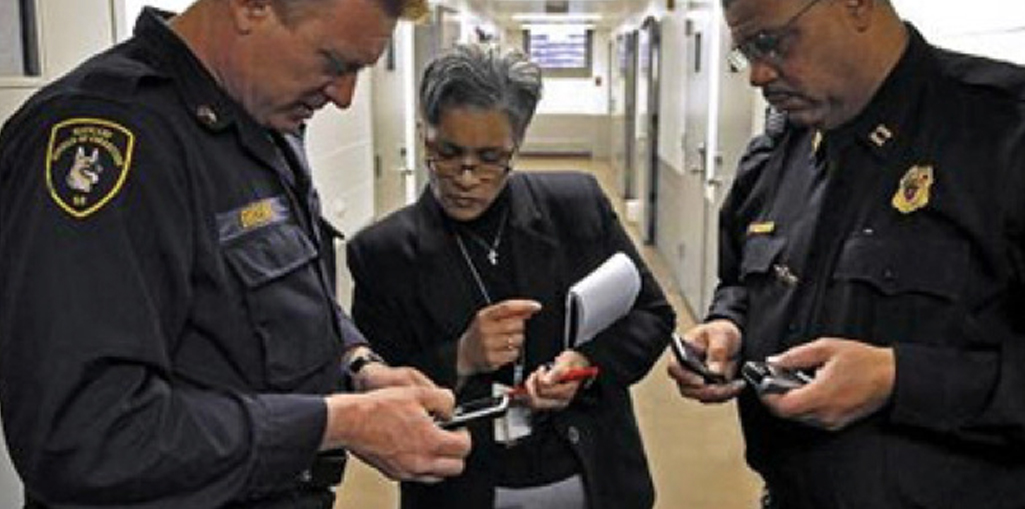
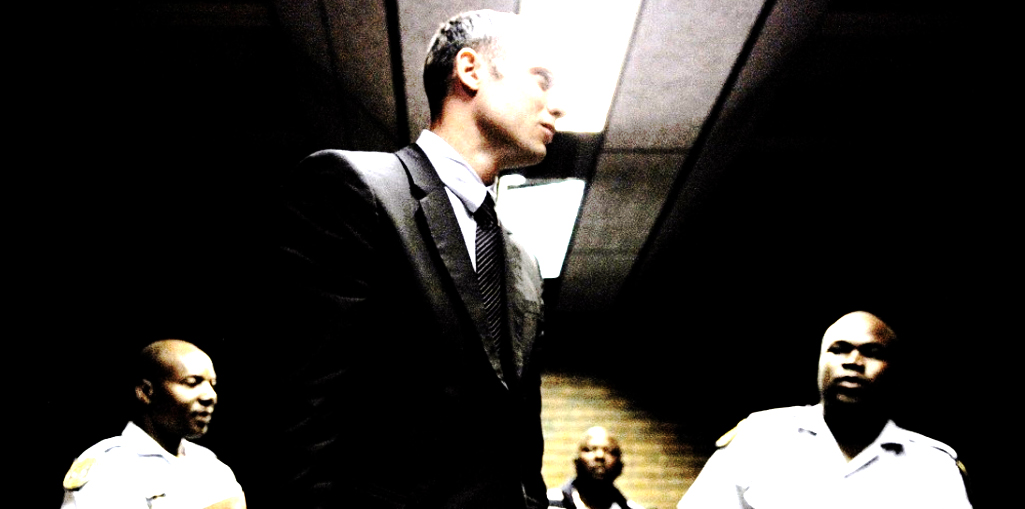 Think secret bail hearings only exist in fiction? Unfortunately the answer is no, even though the
Think secret bail hearings only exist in fiction? Unfortunately the answer is no, even though the 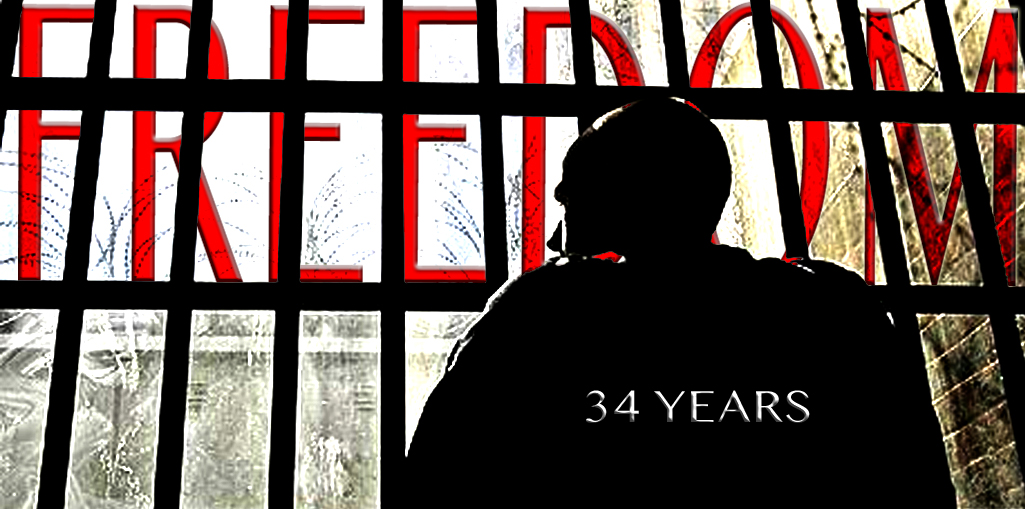 On November 8, 2013, the Los Angeles Times had a headline that read, “34 year wait for justice is over”. The defendant,
On November 8, 2013, the Los Angeles Times had a headline that read, “34 year wait for justice is over”. The defendant, 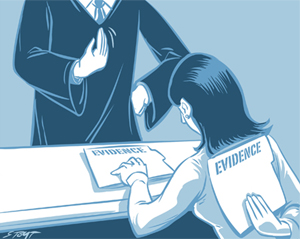 Subvert the criminal justice system. Lie to the judge. Hide evidence. Sounds like a defendant in a criminal case doesn’t it?
Subvert the criminal justice system. Lie to the judge. Hide evidence. Sounds like a defendant in a criminal case doesn’t it? 
